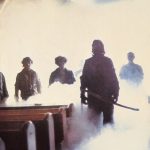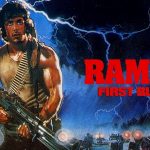Braveheart (1995)
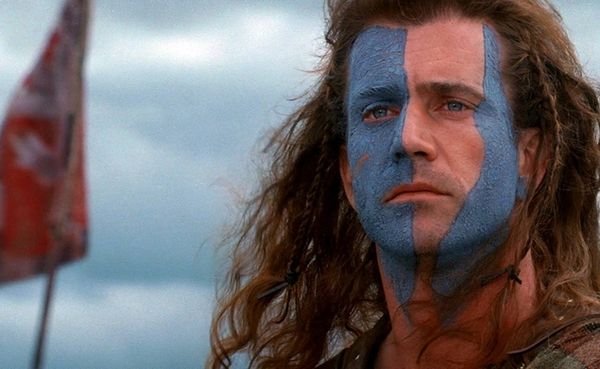
Suggested videos for you:
The Darkest Minds 2018
Super intelligent zombies with sex hormones || Day Of The Dead Bloodline
“Braveheart”: An Epic Tale of Freedom Directed by Mel Gibson
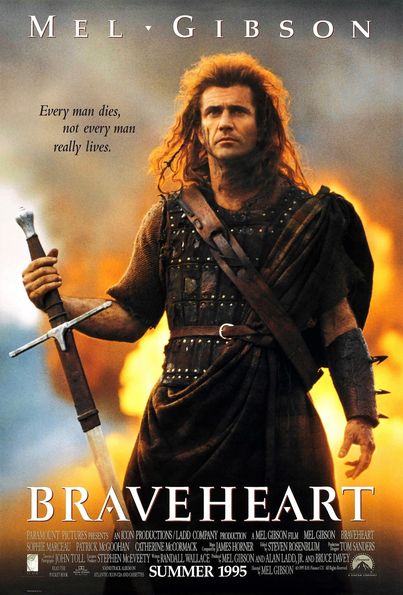
Released in 1995, “Braveheart” is a sweeping historical epic directed by Mel Gibson, who also stars in the film as the iconic Scottish warrior William Wallace. Renowned for its grand storytelling, stirring performances, and breathtaking cinematography, “Braveheart” has become a cultural touchstone, celebrated for its portrayal of courage, sacrifice, and the relentless quest for freedom. The film won five Academy Awards, including Best Picture, and remains a quintessential representation of the historical drama genre.
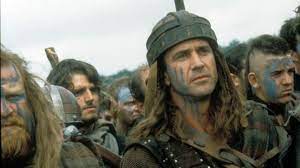
Set in the late 13th century, “Braveheart” chronicles the life of William Wallace, a common man who rises to prominence in Scotland’s struggle for independence from English rule. The narrative begins with Wallace’s childhood and the violent loss of his father, which ignites his passion for freedom. After returning to Scotland as an adult, he becomes a leader in the fight against the oppressive King Edward I of England, known as “Longshanks.” Wallace’s fierce determination to unite his people against tyranny drives the plot, culminating in the famous Battle of Stirling Bridge.
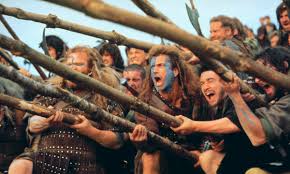
Mel Gibson’s direction is marked by a powerful blend of action and emotion. The film features epic battle sequences that are both brutal and visually stunning, showcasing the chaos of warfare with raw intensity. Cinematographer John Toll captures the lush Scottish landscapes, enhancing the film’s atmospheric quality and immersing viewers in the historical setting. Gibson’s ability to balance grand action with intimate character moments allows the audience to connect deeply with Wallace’s personal journey and the sacrifices made by those he loves.

“Braveheart” is primarily classified as a historical drama, but it also incorporates elements of action, romance, and adventure. The film explores themes of liberty, loyalty, and the cost of freedom, emphasizing the importance of standing up against oppression. Wallace’s journey is not only a political struggle but also a deeply personal one, as he navigates love, loss, and betrayal. The film ultimately poses profound questions about the nature of power and the moral complexities of rebellion.
Mel Gibson delivers a compelling performance as William Wallace, capturing the character’s fierce spirit and vulnerability. His portrayal of a man driven by love for his homeland and the desire for justice resonates powerfully with audiences. The supporting cast, including Sophie Marceau as Murron, Wallace’s love interest, and Patrick McGoohan as the ruthless King Edward I, adds depth to the narrative, enriching the emotional stakes of the story. The chemistry between the characters contributes significantly to the film’s impact.
Upon its release, “Braveheart” was met with critical acclaim and commercial success, grossing over $210 million worldwide. Critics praised its sweeping narrative and emotional depth, though some noted historical inaccuracies. Despite this, the film’s powerful depiction of the fight for freedom struck a chord with audiences, solidifying its place in cinematic history. Its iconic lines, stirring musical score by James Horner, and unforgettable battle scenes have left a lasting legacy.
In conclusion, “Braveheart” is an epic and emotionally charged film that celebrates the indomitable spirit of the human quest for freedom. Directed by Mel Gibson, the film masterfully combines thrilling action with profound character development and rich historical context. Through its compelling storytelling and powerful performances, “Braveheart” invites viewers to reflect on the sacrifices made for liberty, ensuring its status as a classic in the realm of historical cinema. The film not only entertains but also inspires, making it a timeless representation of courage and resilience in the face of tyranny.

